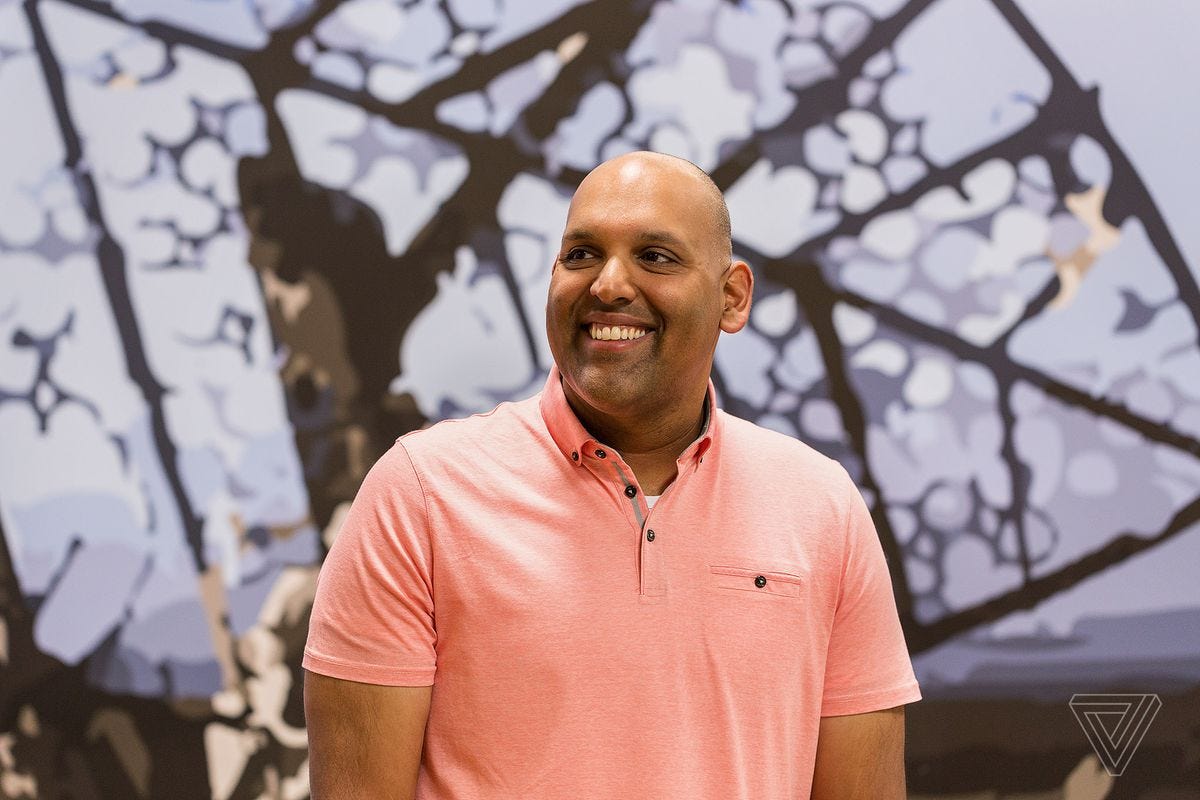So in 2013 Google relaunched Google Talk as Hangouts, a multiplatform messaging solution that seemed to be the foundation of something good. It had video calling way before WhatsApp.
But Hangouts didn’t receive any noticeable updates besides some visual changes here and there and soon competitors started to overtake Hangouts in both features and performance.
Instead of fixing Hangouts, Google decided to launch two new apps: Duo for video calling and Allo for text. Duo is great. It’s a simple app to do just one thing and it does that really well. I also think Allo is faster and more feature-rich than Hangouts, but there are several problems.
First of all, people are the reason to use a messaging app and there aren’t a lot of Allo users. It’s also not truly multiplatform like Hangouts. Recently a web version was launched that works the same as WhatsApp.
So Google’s messaging strategy is a mess. The Verge explained it well in this video, so please have a look:
The new solution: RCS
Now Google has decided to pause development of Allo and has moved staff over to it’s next final messaging solution, which is based on RCS (Rich Communication Services), basically the successor to SMS.
The Verge reports this solution doesn’t involve a new app, but rather an upgraded version of the default Android Messages app, which will use RCS under the consumer name Chat. Android Messages is installed on virtually all Android phones.
“When people begin using Chat, they’ll get many features that are standard in any other texting app, including read receipts, typing indicators, full-resolution images and video, and group texts.
But remember, Chat is a carrier-based service, not a Google service. It’s just “Chat,” not “Google Chat.” In a sign of its strategic importance to Google, the company has spearheaded development on the new standard, so that every carrier’s Chat services will be interoperable. But, like SMS, Chat won’t be end-to-end encrypted, and it will follow the same legal intercept standards. In other words: it won’t be as secure as iMessage or Signal.”
Will it succeed?
This is obviously a tough question to answer. There are a bunch of carriers who will support the standard, as well as some big phone OEMs. One name that is notably missing from this list is Apple:
 |
| Source: GSMA |
However, the bigger thing is that most people already settled on a messaging app, although you don’t have to make them install a new app, because it probably already is installed. If you have a bunch of iPhone friends — and lets be honest, who doesn’t? — you won’t be able to send those fancy messages to them unless Apple decides to support RCS.
Then there’s also the security part. RCS messages won’t be end-to-end encrypted like apps such as WhatsApp and Signal, making it much easier for governments or others to intercept messages.
Another question I have is will it be multiplatform? Chat will release with a web interface with a QR code like WhatsApp, which is a nice start, but as I explained earlier, it’s not enough for me.


